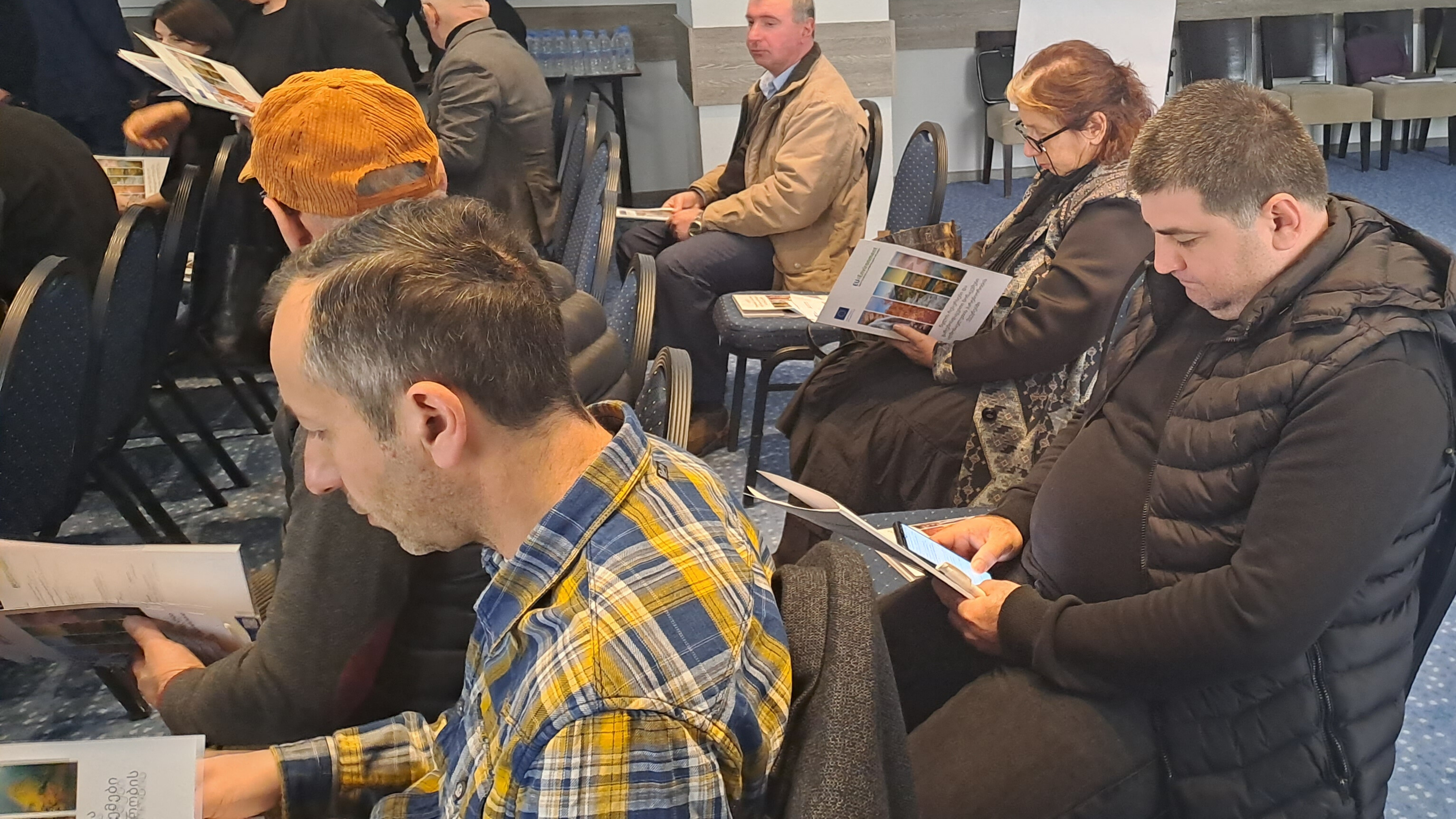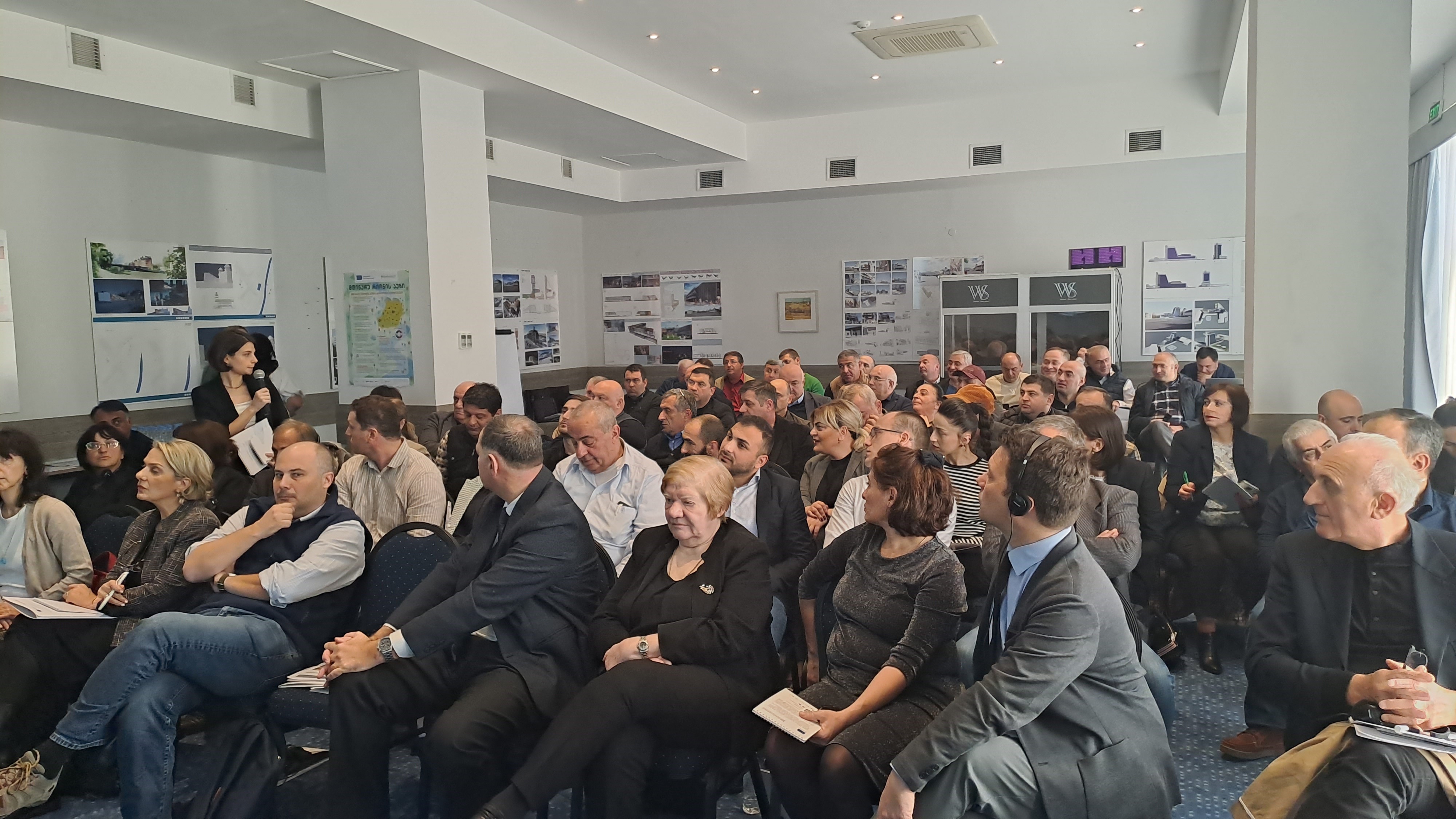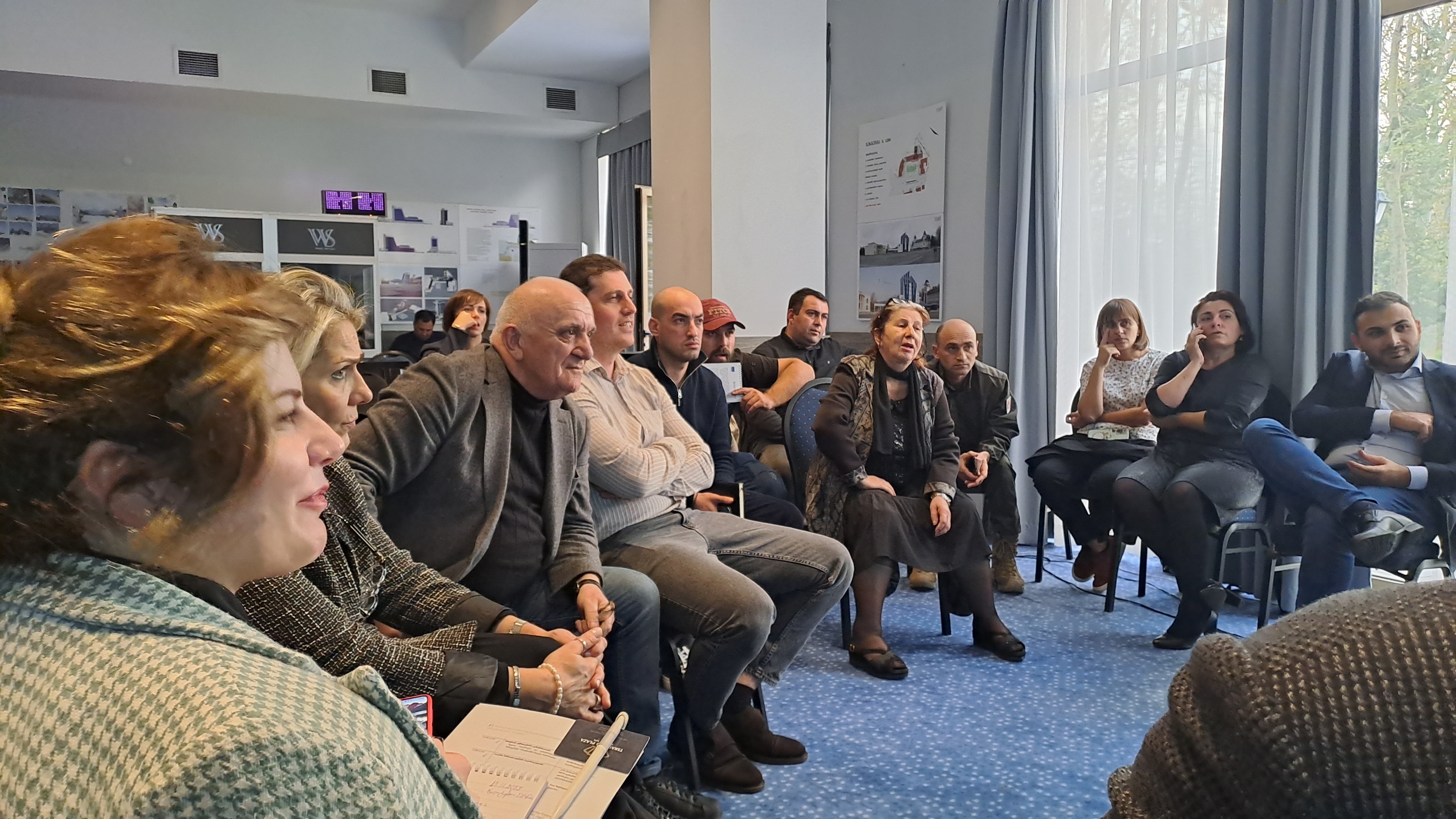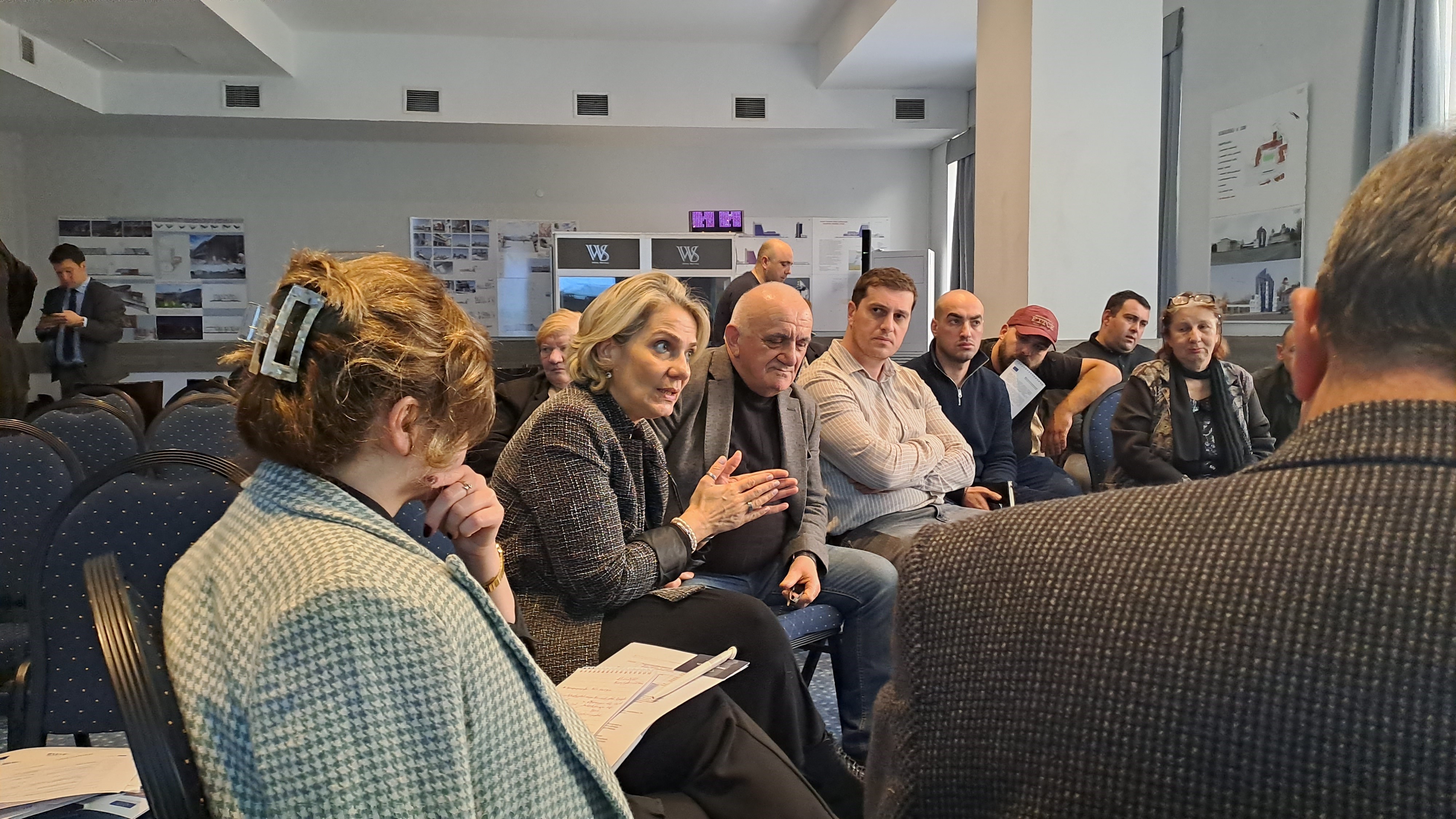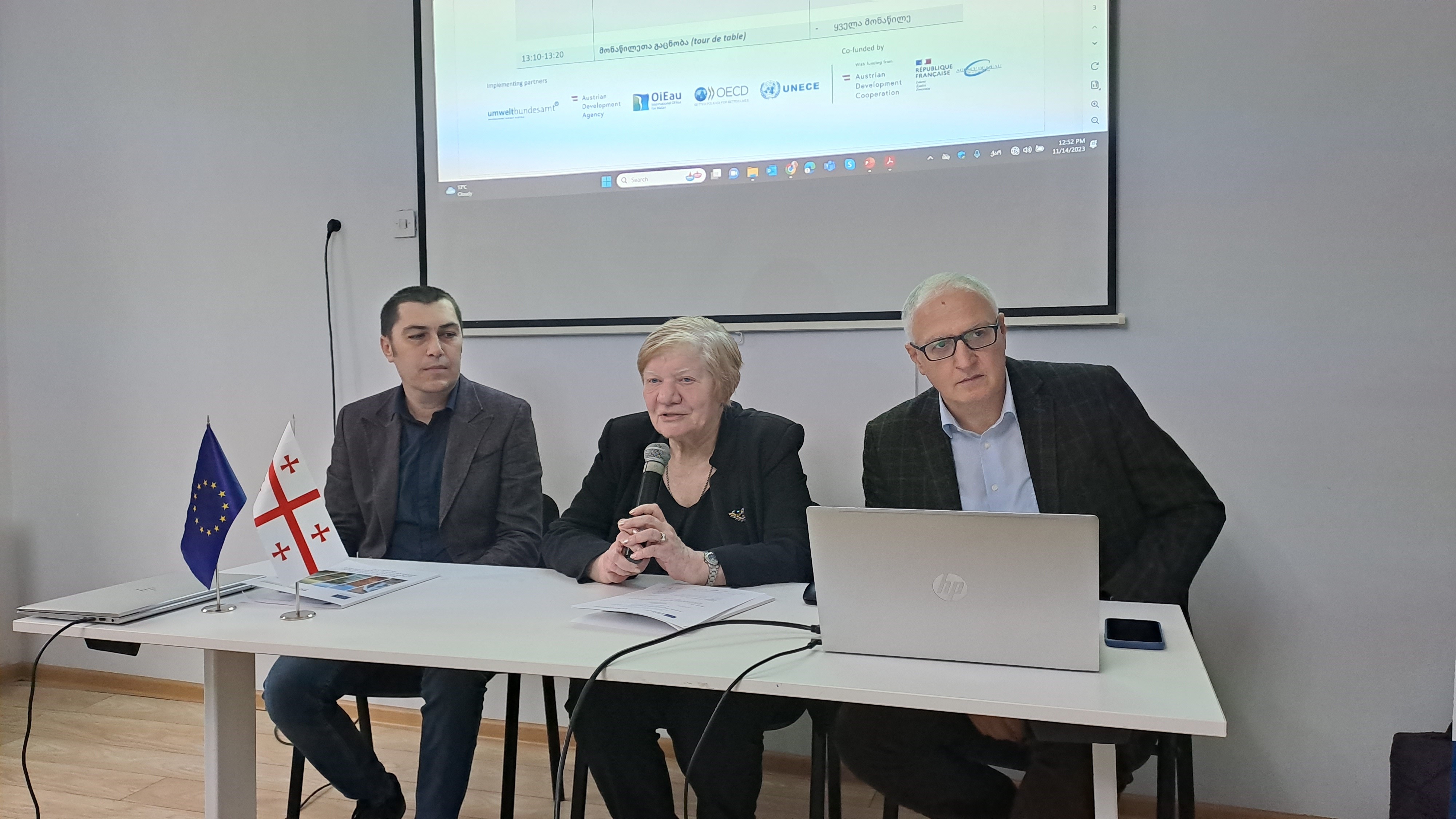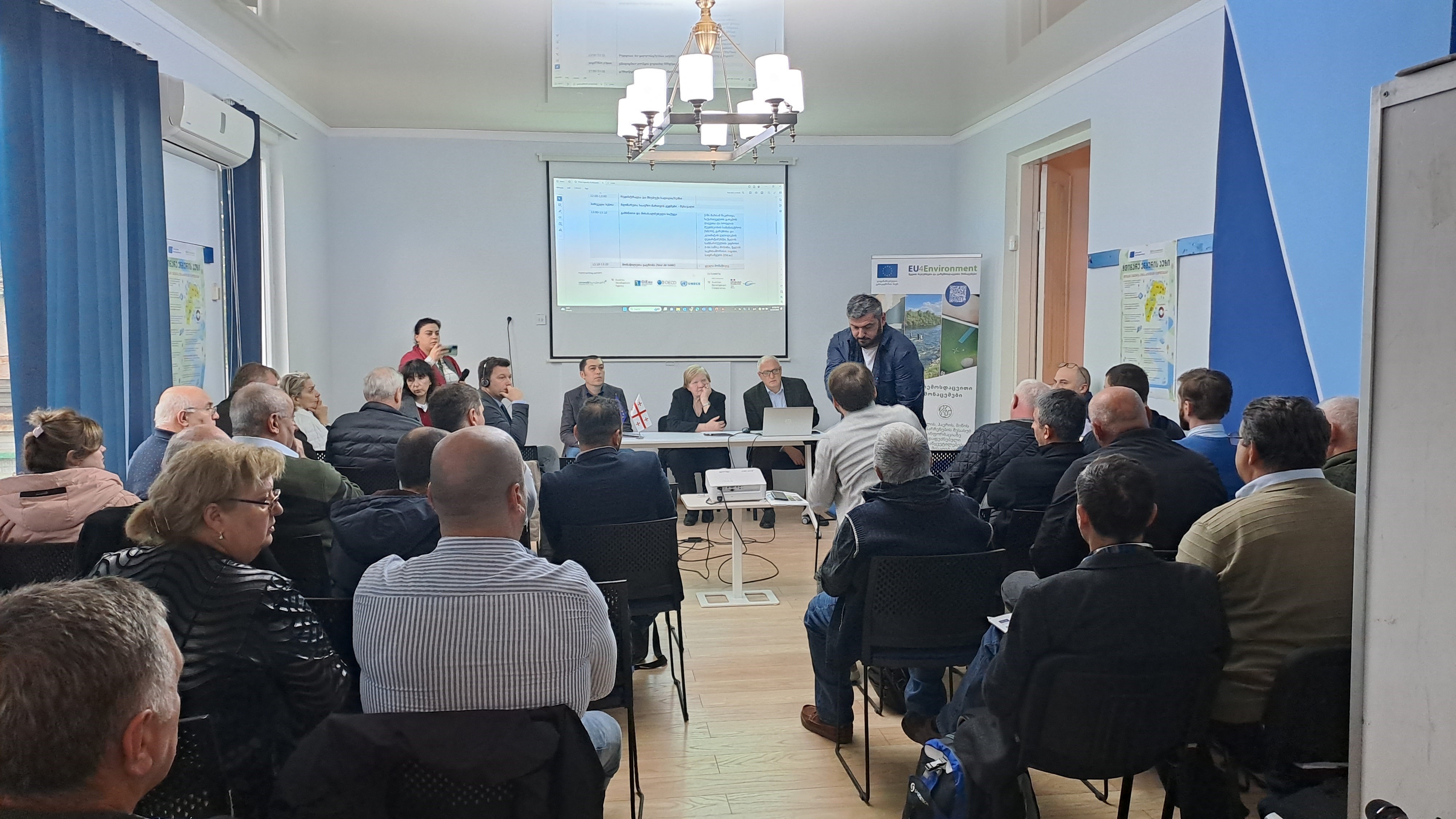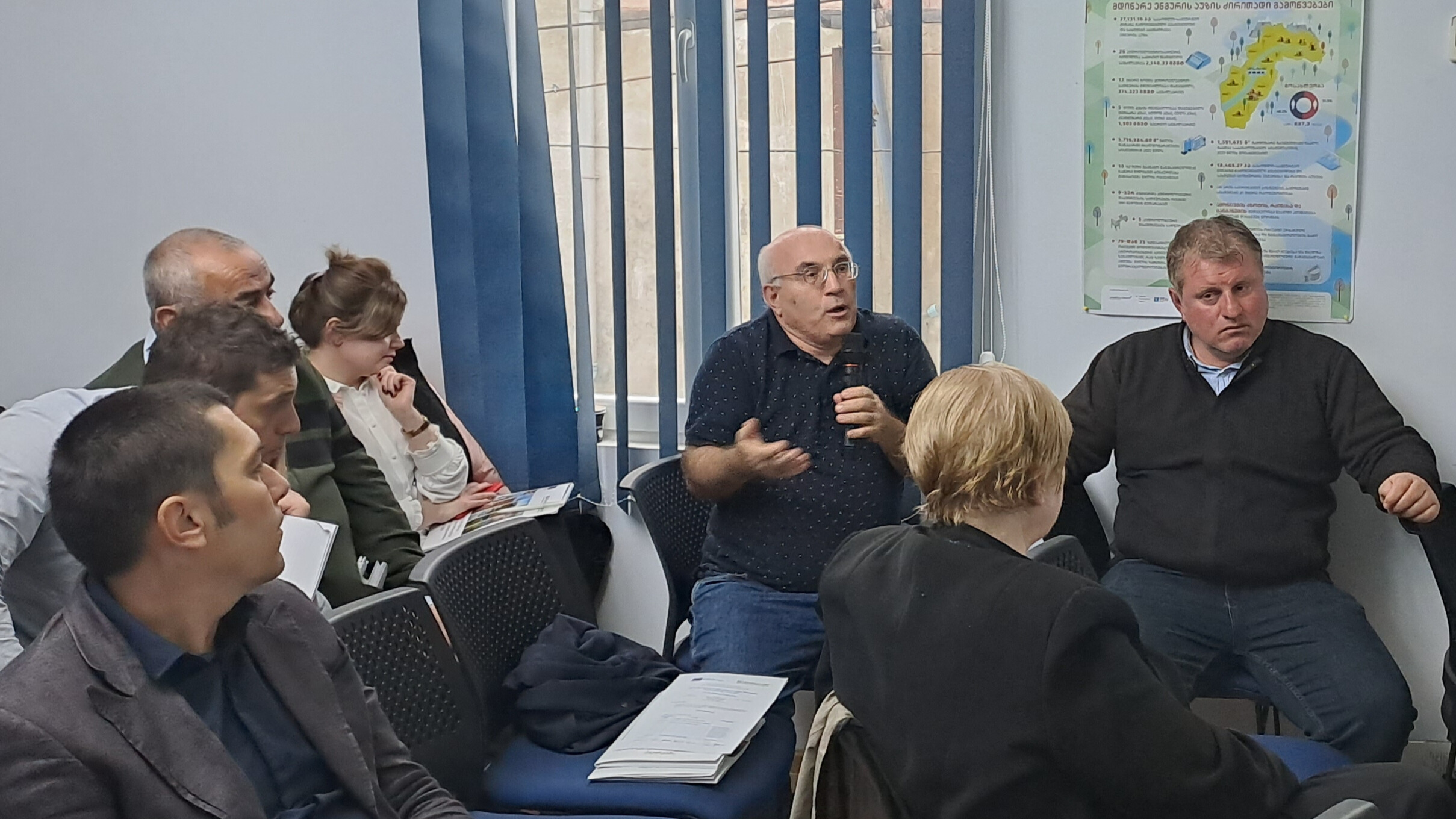Agendas:
Rioni consultation meeting (Tskaltubo, 13 November 2023) - ENG
Rioni consultation meeting (Tskaltubo, 13 November 2023) - GEO
Enguri consultation meeting (Zugdidi, 14 November 2023) - ENG
Enguri consultation meeting (Zugdidi, 14 November 2023) - GEO


